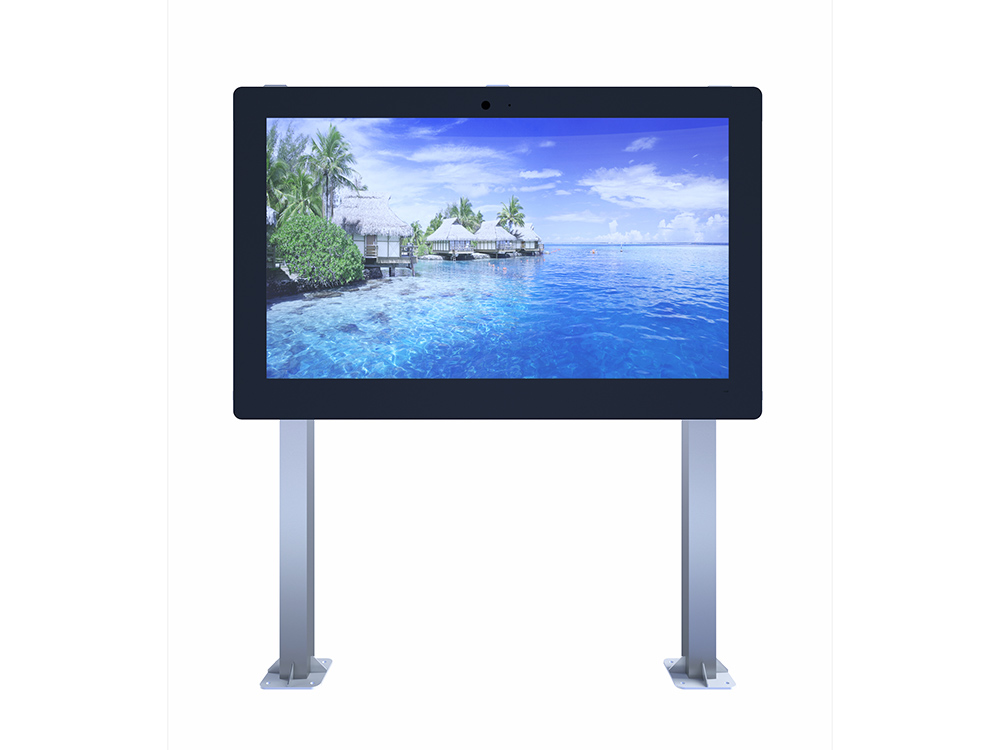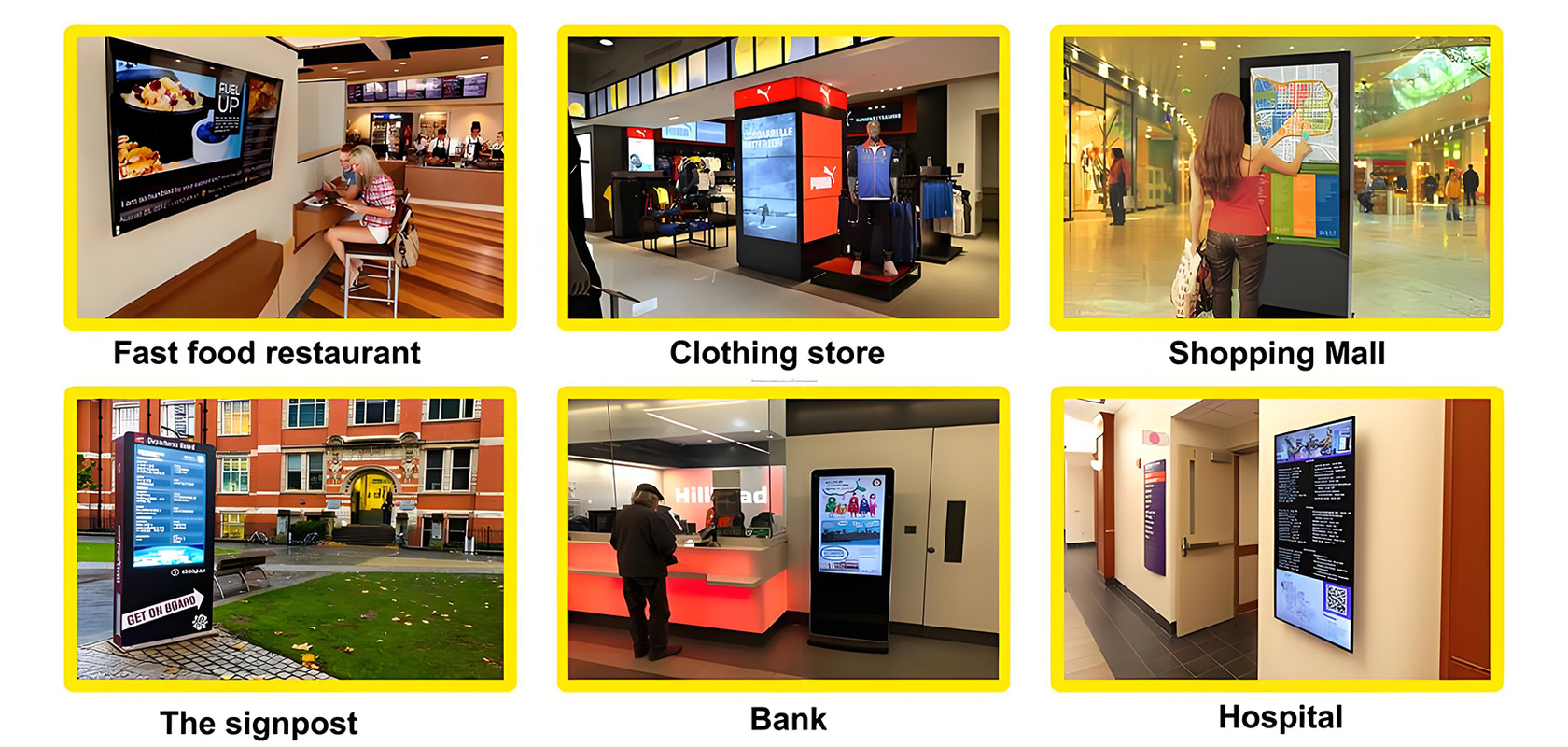Is Digital Signage Suitable for Small Businesses?
In the ever-evolving landscape of modern business, staying ahead of the curve often means embracing technological advancements that can enhance customer experience, streamline operations, and ultimately boost profitability. One such technology that has gained significant traction in recent years is digital signage. Traditionally associated with large enterprises and bustling urban centers, digital signage has now become more accessible and affordable, prompting small businesses to consider its potential benefits. But is digital signage truly suitable for small businesses? This article delves into the intricacies of this question, exploring the advantages, challenges, and practical considerations that small business owners should weigh before investing in digital signage solutions.

The Rising Popularity of Digital Signage
Digital signage refers to the use of electronic displays, such as LCD, LED, or projection screens, to present information, advertisements, or other content dynamically. Unlike static signs, digital signage allows for real-time updates, interactivity, and the integration of multimedia elements like videos, animations, and web content. This flexibility has made digital signage a powerful tool for engaging audiences and conveying messages with impact.
The proliferation of digital signage in various sectors—from retail and hospitality to healthcare and education—has been fueled by advancements in display technology, decreasing costs, and the increasing availability of user-friendly software platforms. These factors have collectively lowered the barrier to entry for small businesses, making digital signage a viable option for those seeking to enhance their marketing and communication strategies.
Advantages for Small Businesses
1. Enhanced Customer Engagement
One of the most compelling reasons for small businesses to adopt digital signage is its ability to captivate and engage customers. Dynamic displays can attract attention more effectively than static signs, and the incorporation of interactive elements can further enhance user experience. For instance, a small café might use a digital menu board to showcase daily specials, highlight seasonal offerings, or even allow customers to place orders directly from the screen. This not only makes the ordering process more convenient but also creates an engaging and memorable customer experience.
2. Cost-Effective Marketing
Digital signage offers a cost-effective alternative to traditional advertising methods. Once the initial investment in hardware and software is made, updating content is relatively inexpensive and can be done in real-time, eliminating the need for printing and physical replacement costs associated with static signs. Small businesses can leverage this to promote new products, announce events, or share social media feeds without incurring additional expenses. Moreover, targeted messaging can be tailored to specific times of day or customer demographics, maximizing the return on investment.
3. Flexibility and Versatility
The versatility of digital signage is another significant advantage. Small businesses can use it for a multitude of purposes, from displaying product information and pricing to sharing customer testimonials and promoting loyalty programs. The ability to change content quickly and easily allows businesses to adapt to changing market conditions, seasonal trends, or unexpected events. For example, a boutique could swiftly update its window display to reflect a sudden shift in fashion trends or promote a flash sale.
4. Improved Brand Image
Incorporating digital signage can elevate a small business's brand image, giving it a modern and tech-savvy appearance. This is particularly important for businesses that want to convey a sense of innovation and forward-thinking to their customers. A sleek, professional display can make a lasting impression, fostering trust and loyalty among patrons.
Challenges and Considerations
While the benefits of digital signage for small businesses are numerous, there are also challenges and considerations that should not be overlooked.
1. Initial Investment
Although costs have come down, there is still an initial investment required for hardware, software, and installation. For some small businesses, this may represent a significant financial outlay. It's crucial to weigh the potential return on investment against other marketing and operational expenses. Leasing options or financing plans can help spread out the cost, but it's essential to ensure that the investment aligns with the business's long-term goals and budget.
2. Content Creation and Management
Effective digital signage relies on high-quality, engaging content. Small businesses need to consider who will be responsible for creating and managing this content. While there are user-friendly software solutions available, they may still require a learning curve. Outsourcing content creation to a professional designer can ensure a polished look but will add to the overall cost. Additionally, maintaining fresh and relevant content on an ongoing basis is crucial to keep audiences engaged.
3. Technical Maintenance
Like any technology, digital signage systems require regular maintenance and occasional troubleshooting. Small businesses need to factor in the time and resources required for this, whether it's through an internal IT team or an external service provider. Downtime due to technical issues can disrupt customer experience and negate the benefits of having digital signage in place.
4. Integration with Existing Systems
For small businesses that already have a suite of marketing and operational tools, integrating digital signage with these systems can be a challenge. Ensuring compatibility with point-of-sale systems, inventory management software, or customer relationship management platforms may require additional customization or the purchase of specific integration tools.
Practical Tips for Small Businesses
Start Small: Begin with a single display or a small network to test the waters. This allows you to assess the impact on your business without a significant upfront investment.
Choose Scalable Solutions: Opt for software and hardware that can grow with your business. Scalability ensures that as your needs evolve, your digital signage system can adapt accordingly.
Focus on Content: Invest time and resources into creating compelling content that resonates with your target audience. High-quality visuals and relevant messaging are key to engaging viewers.
Train Your Staff: Ensure that your team is familiar with the system's basic operation and content management. This reduces dependency on external support and ensures smooth day-to-day operation.
Monitor Performance: Use analytics tools to track the effectiveness of your digital signage. Understanding what works and what doesn't allows you to make informed adjustments and optimize your strategy.
Digital signage presents a multitude of opportunities for small businesses to enhance their customer engagement, marketing efforts, and overall brand image. However, it's not a one-size-fits-all solution. Each business must carefully consider its unique needs, budget, and resources before making the investment. By weighing the advantages against the challenges and taking a strategic approach, small businesses can determine whether digital signage is a suitable and valuable addition to their operational and marketing toolkit.
Ultimately, the success of digital signage in a small business setting hinges on thoughtful planning, quality content, and ongoing management. With the right strategy in place, digital signage can become a powerful asset that helps small businesses compete in an increasingly digital world.
Application scenarios of digital signage

Tags:
self service kiosk touch kiosk digital signage interactive display interactive touch whiteboard kiosk video wall wall outdoor kiosk IP68 IP67 screen Shopping MallCurrent article link:
https://www.lcdkiosk.com/news/1111.html







